
Jessica Casas 9th grader at WSHS wins art award presented by Sue Baker of Farm Credit Services. Encouraged by her art teacher Brenda Hauswirth, she hopes to pursue a career in visual arts.
As we approach a new semester, concurrently with the inauguration of a new US president and administration, we can do so with optimism. While optimism may seem easy at present, it is a behavior that should be incorporated into daily living whatever the current situation. This is especially an important behavior for educators. Studies show that teacher attitudes impact morale and student achievement. Allen McGinnis attests to this in his Power of Optimism, stating that optimism is actually a set of behaviors which one can consciously practice. He stresses 12 behaviors for teachers to adopt into their own lives and to model for their students.
Optimists...
1. Are never surprised by trouble
2. Value partial solutions
3. Believe they have control over the future
4. Plan for regular renewal
5. Have heightened powers of admiration
6. Interrupt their negative trains of thought
7. Are cheerful even when they can't be happy
8. Have an almost unlimited capacity for stretching
9. Build plenty of love into their lives
10. Share good news
11. Use their imaginations to rehearse success
12. Accept what cannot be changed and improve what can
Richard Sagor, in Cultivating Optimism in the Classroom, ASCD Educational Leadership March 2008, states that students are motivated to put forth their best effort when they have faith in the future. Steven Barkley refers to this article on a past blog sharing the story of a fifth grade teacher who would start the year with her students being photographed on the stage wearing a cap and gown and holding a high school diploma. The students would paste these photos in their planners (Cynthia Barthuly has some ideas to share with us here) and each day would answer two questions in their journals:
"What did I do yesterday to make this picture a reality?"
"What shall I do today to achieve my goal?"
Sagor also encourages teachers to promote efficacy - an unshaken belief in one's capabilities. They should help students set complex goals and constantly work toward them to discover the payoffs. Live events provide the best opportunities for students - sports and pe goals, music, art and drama, protech projects, language-learning, writing projects, math and science competitions, and service learning are just a few areas where students can realize the payoff of hard work. Jessica Casas, in the photo above, exemplifies the rewards of effort. Brenda, her teacher, exemplifies promoting efficacy in her students.
Teachers should use the tool of efficacy in raising expectations for themselves as well. Peer coaching is a means for increasing teacher efficacy. Through coaching teachers are more apt to stretch themselves and want to reflect daily on this question: " Will my students walk out of my classroom today feeling more capable than when they came in?" If they strive daily to answer "yes," teachers may know that they are teaching optimism.














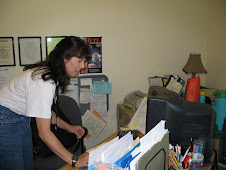
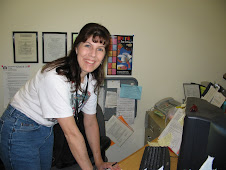







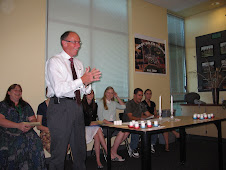
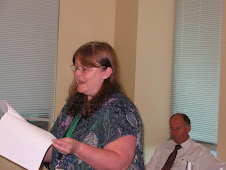
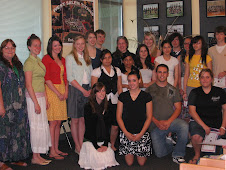
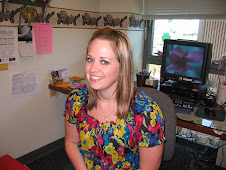



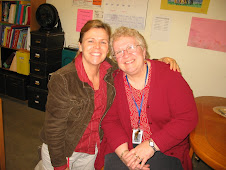




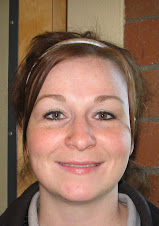








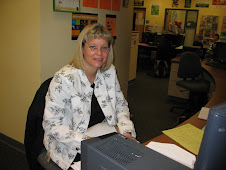



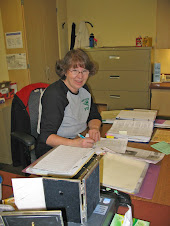



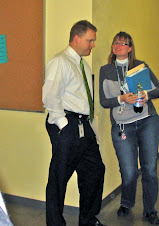

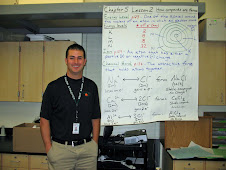

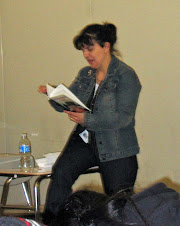












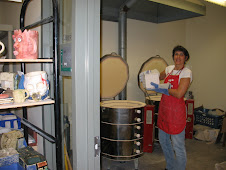
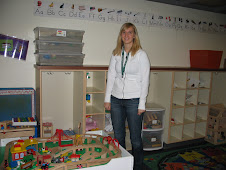
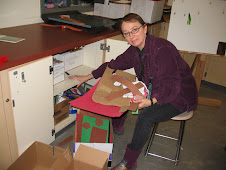
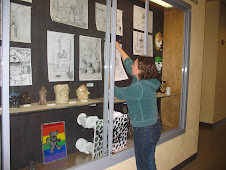


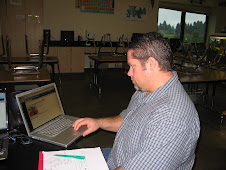

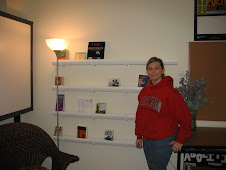


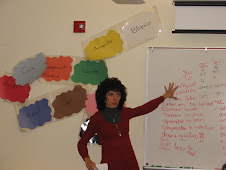
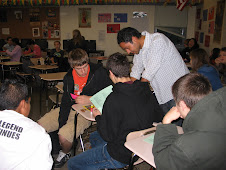

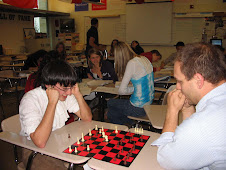



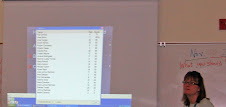




No comments:
Post a Comment